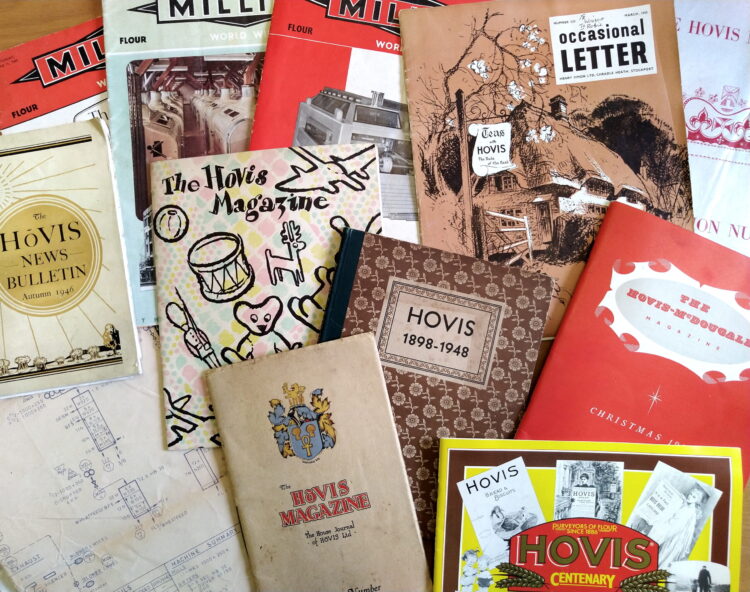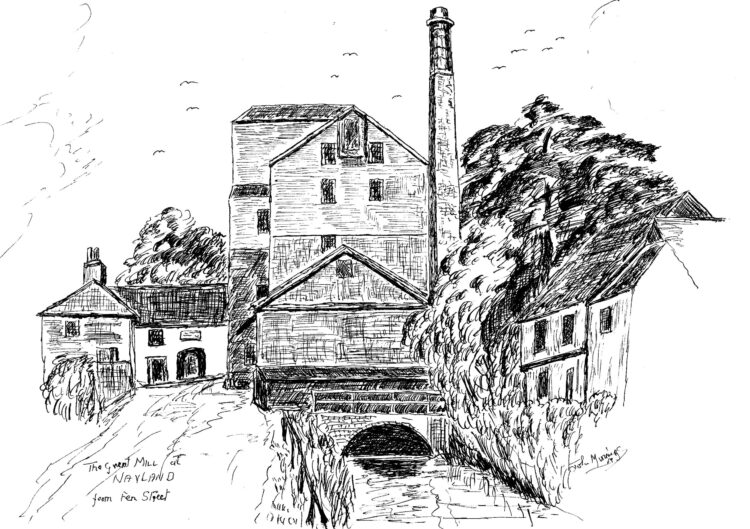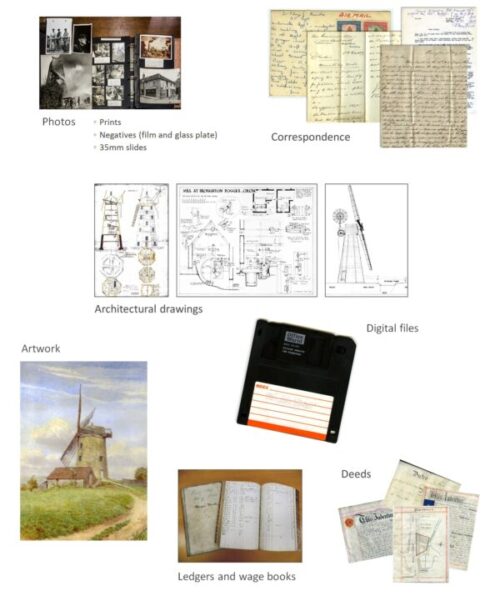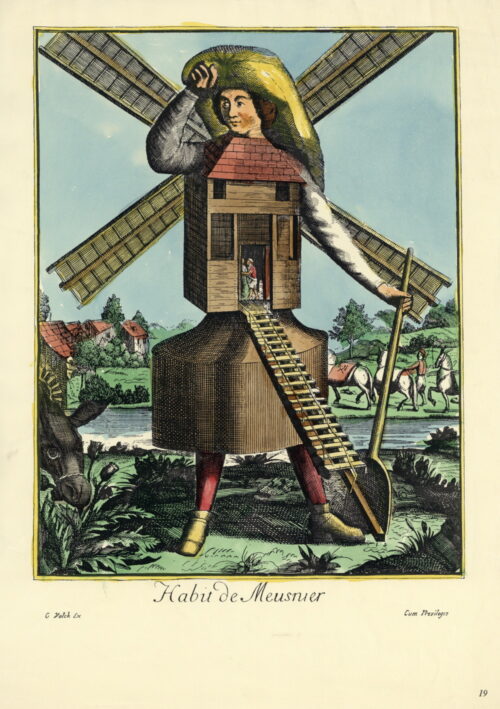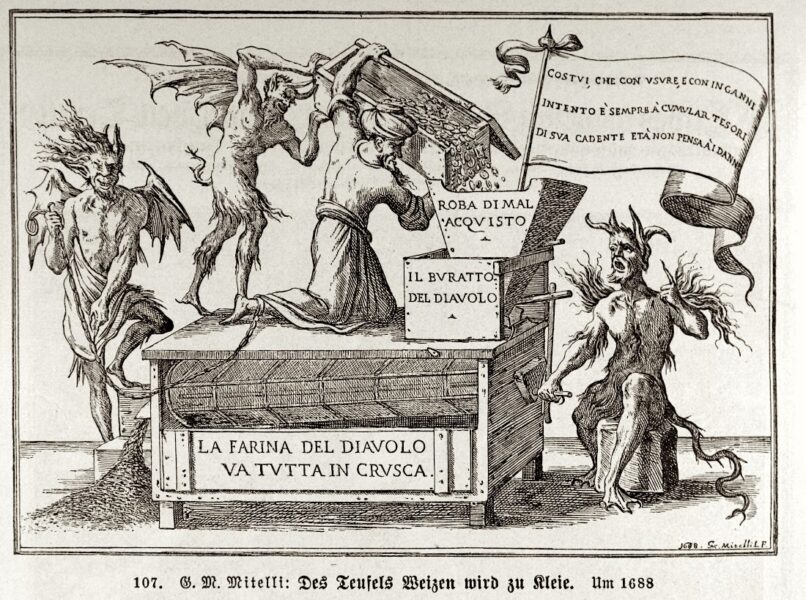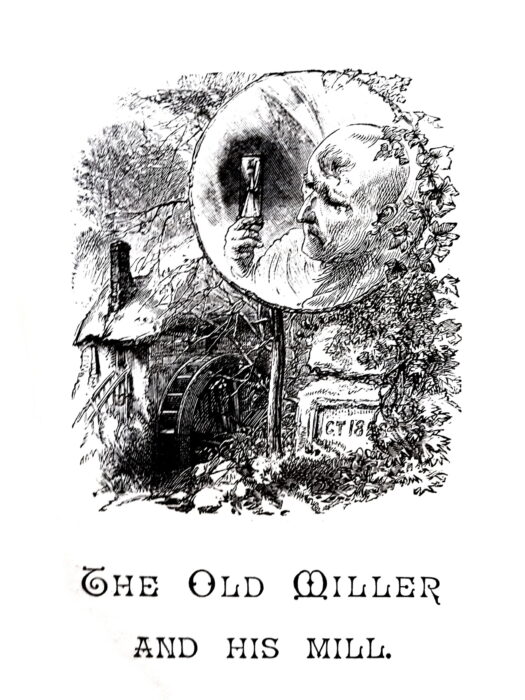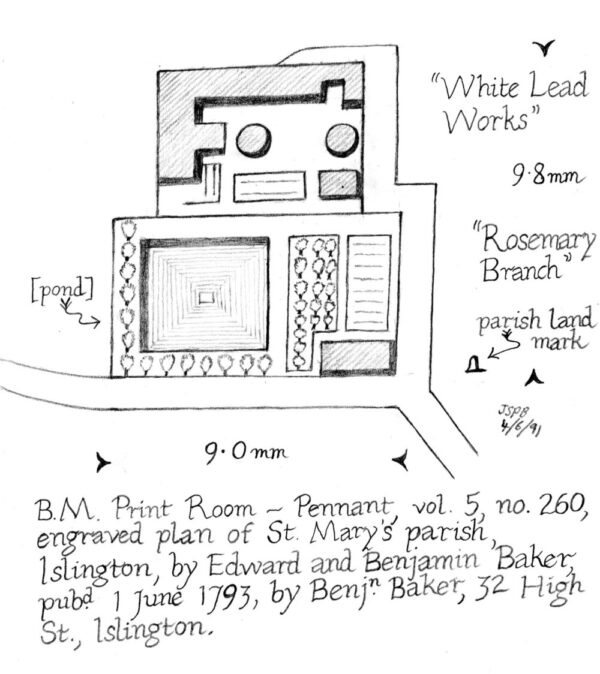
Nathanael Hodge Happy New Year to all readers of our newsletter! 2023 is the Mills Archive’s 21st birthday, and in honour of this we will be featuring a series of 21 gems from our collections in these newsletters in the coming months.Our first gem is a beehive quern dating back to the Iron Age, from…

